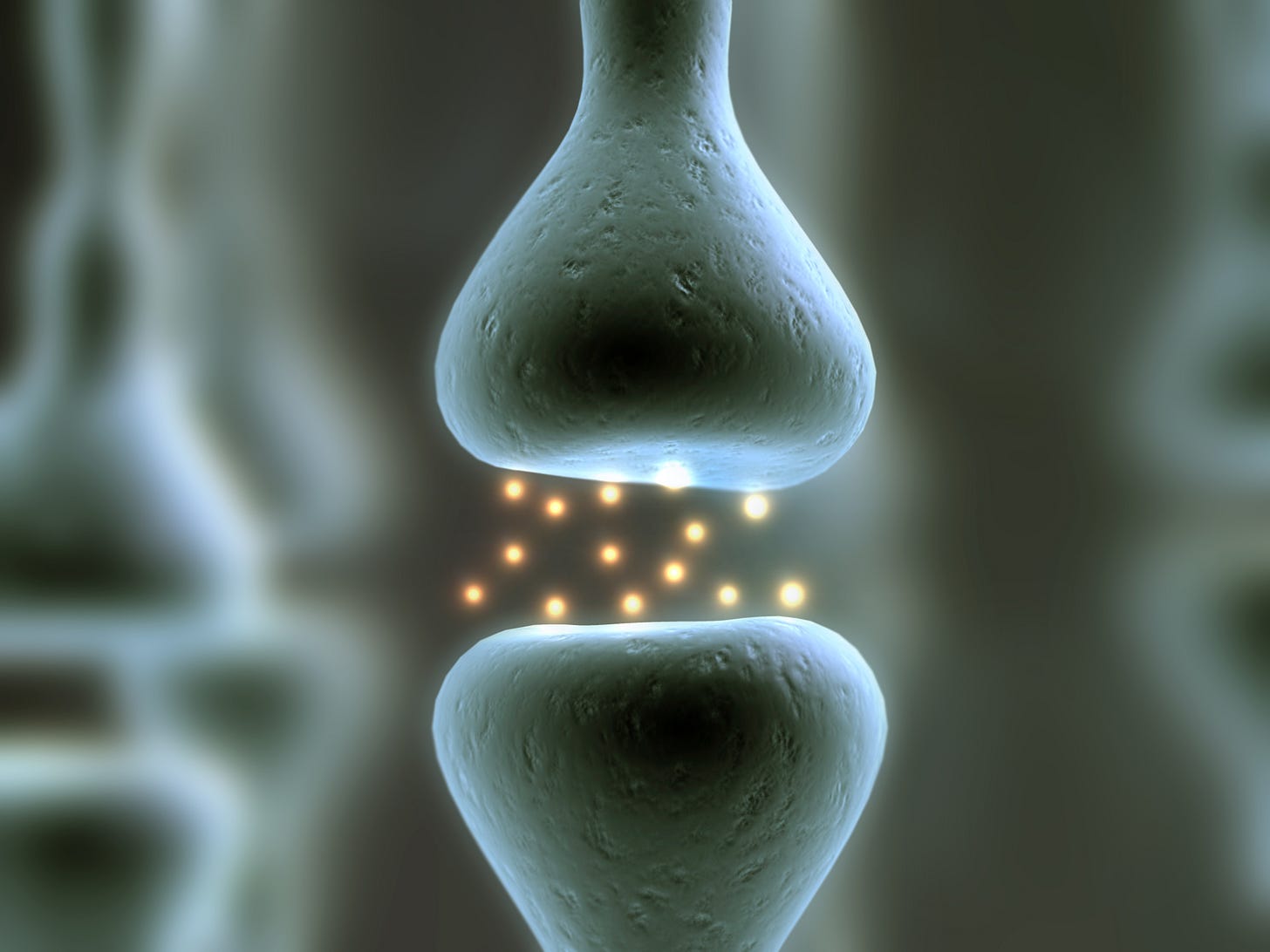Why we all need to fail...
The neuroscience of messing up
This article is about how trying and failing is an important part of the biomechanical process by which our brains create permanent connections inside our heads. And yet, historically, in education systems in most of the world failure is seen as something negative. If a student gets an answer wrong, or fails at a task or an examination, then they are criticised, humiliated and sometimes punished. We’ve got the relationship between failure and learning completely wrong, and in most traditional classes we have ended up creating an atmosphere designed to suppress cognition rather than enhance it.
If you watch a baby learn to walk it’s a long catalogue of failures followed by ultimate success. The same applies to those of us who learned to ride a bike. We got on, fell off and grazed our knees, got on, fell off, and so on and so on until finally it clicked. This echoes the biomechanics of synapse creation in the head. Every time we try a task the connections between brain cells fire and messages are carried by chemical transmitters across the tiny gaps between neurones. If the attempt is repeated, each time the connection is faster and more efficient until, at last, the gap closes and a permanent link is forged. The moment you were able to ride a bike without falling off was the point at which all the connections in your head were cemented together. After that you will never forget.
Yet in most classes a great many number of students will not try something because they are frightened they will fail and this will be seen as a bad thing. Because they won’t try and fail the connections inside their heads will never be properly formed. I spent many years teaching English conversation to classes of university students in Asia. For cultural reasons they had an almost pathological fear of making mistakes in front of each other and so they rarely, if ever, spoke - which is the kiss of death if you want to learn to speak another language.
There is also a link between failure and serotonin, the chemical that carries messages between brain cells and thereby facilitates cognition. Trying new experiences boosts serotonin production. Success at a task does the same, but interestingly failure at a task boosts serotonin to a greater extent. What is also very intriguing is the fact that observing someone else fail also boosts serotonin. Failure, and watching failure, makes us smarter.
From a biological and evolutionary point of view this makes perfect sense in a system that is designed to learn by trial and error in social contexts. We learn by endlessly attempting a task until the connections are made in our heads and we finally learn how to do it successfully. This is why an education system that punishes failure is fundamentally toxic and, ironically, doomed to fail.
There is a specific type of activity in the modern world which students and young people constantly engage in where they fail all the time and it’s all part of the enjoyment. Of course I’m talking about computer games where the player is bombarded by a litany of You Lost, Game Over, You Died, You Failed, and they love it. If a game is too easy and they always win it’s boring. If the game is designed to be challenging players are motivated to try and try again and to keep playing to beat it - hence the popularity of insanely difficult games like Flappy Bird and Elden Ring
The link between observed failure and serotonin production is also borne out by the popularity of YouTube gamers like Helloitskolo who record themselves playing and end up with audiences of thousands if not millions of viewers. Watching somebody else blunder around a game rather than playing it yourself seems to make no sense, unless you look at it in connection with the neuroscience of attempting tasks in a social context.
So there seems to be one rule for education, where failure is generally seen to be bad, and one rule for the world of games where failure is a key part of the whole experience and a major fun factor. Guess which kids would rather spend their time doing?
The bottom line is that, in education and indeed in all walks of life we should embrace failure and encourage our students to do the same in order to optimise their ability to learn. Failure helps improve our ability to understand and remember at a biological level. Trying and failing at tasks is how we eventually learn to succeed and, as we see with computer games, kids are perfectly happy and motivated to try things and learn through messing up.






So happy to see you having a Substack! Subscribed immediately :)
P.S. 100% agree with the point, we definitely need to master how to fill edu organizations with fail-is-fun-and-welcome vibes.
My Wife loves watching instagram videos of people messing up, not sure I’m gonna tell her it actually makes her smarter!